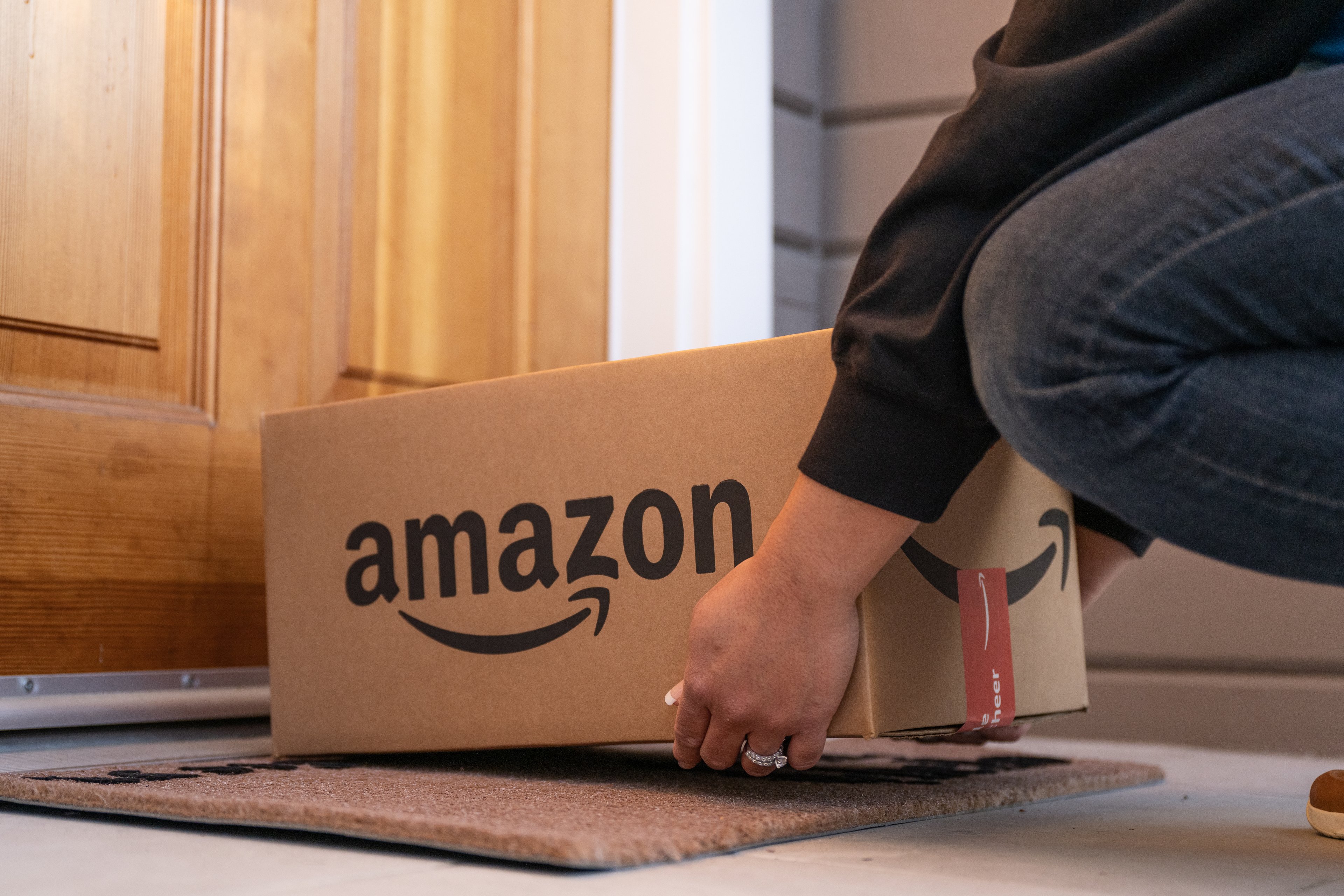The decision Nike (NKE 1.91%) made to sever its official sales relationship with e-commerce giant Amazon.com (AMZN 1.73%) was jarring, but not necessarily surprising. It's the world's biggest online-selling platform, yet this partnership was often seen as strained and unfruitful. Amazon never fully quelled competition from counterfeiters, and the cooperation never appeared to be a game-changing revenue driver for Nike. Nike's new technology-minded CEO all but assured the athletic apparel brand was ready to move in a new direction with its own direct-to-consumer (DTC) efforts.
If Nike's call was a one-off among Amazon's partners, then so be it. Amazon can get by without the brand. Indeed, it's got its own athletic apparel brand to cultivate. Nike's decision may reflect a sentiment other Amazon partners are quietly entertaining, though. If those other vendors and suppliers follow Nike's lead -- which some say is inevitable -- Amazon shareholders have good reason for concern.
Nike and Amazon part ways
In retrospect, it was more of an experiment than a relationship. Nike began legitimately listing some of its merchandise on Amazon.com in 2017, largely to stave off consumer frustration of finding out their Nike-branded goods purchases via Amazon weren't actually made by Nike. At least by working together, counterfeiting might be contained. The sports apparel giant might make a few additional bucks in the process, too.

Image source: Getty Images.
The arrangement never fulfilled its potential, however.
Rather, during the experiment, Nike found it could do as much (if not more) by expanding its own store network and offering more direct-to-consumer options. And it has. For the three-month stretch ending in August, the company's online sales soared 42%. That's impressive, though not as impressive as the fact that it was Nike's mobile app that somehow induced such strong sales of footwear and clothing. Now, with former Service Now and eBay CEO John Donahoe at the helm, an even more concerted e-commerce effort seems likely.
Not the first, and likely not the last
Nike isn't the only name to part ways with Amazon.com due to frustration with the company's inability or unwillingness to keep counterfeit competition in check. Birkenstock gave up in 2016. Birkenstock-branded shoes are still available at the site, but they're not provided by the manufacturer, and may or may not be an actual Birkenstock product. Ikea has also ended its relationship with Amazon.
Nike is the kind of name that turns heads, however, prompting some analysts to wonder if this is the beginning of a revolt other vendors may join.
"The move shows us that strong brands realize that traffic driven to their own site (e.g. NIKE.com) is self-sustaining, more profitable, and actually brand enhancing, while traffic and incremental revenue from Amazon.com is less profitable but also less brand enhancing," notes Jefferies analyst Randy Konik. He adds, "We believe many strong apparel (and even non-apparel) brands will continue to avoid or curb their relationships with Amazon in the future."
Tim Armstrong, former chief of AOL and now a developer of a new DTC company, agrees. He told CNBC that if companies "have the option to go direct, they are going to go direct." His conclusion? Nike's move is the "tip of the iceberg," signaling to more companies that it's OK to do the same.
Cause for concern
To what extent Amazon's vendors are frustrated isn't clear, but it's obviously more than a little. And that risk is expanding.
It's not just limited to the loss of big-name partners, either. Smaller consumer-facing companies are also empowered in a way they never quite have been before. E-commerce service provider Shopify (SHOP 9.77%), for instance, was largely built from the ground up to be the un-Amazon, capitalizing on the support smaller sellers felt they deserved but weren't getting. Meanwhile, bigger players like Nike don't need that support, as they're able to build their own DTC solutions.
Perhaps Amazon is unconcerned that it may have been alienating its credible partners of all sizes, who are now willing to say sayonara. The e-commerce giant has gone all-in on its private-label programs -- including athletic apparel -- as a means of filling in inventory holes and improving margins. Though only a tiny piece of total revenue right now, TJI Research believes the company's in-house brands could drive $25 billion in annual revenue for Amazon by 2022, threatening the very vendors that make the site a destination. If the company has to learn the hard way that third-party brands are a key part of the reason shoppers come to the website, though, a mass exodus of partners could exacerbate a "peak Amazon" problem that's already brewing.
Only time will tell if this is the beginning of a trend. Regardless, Nike's decision should have Amazon's top brass asking some tough questions right now.











